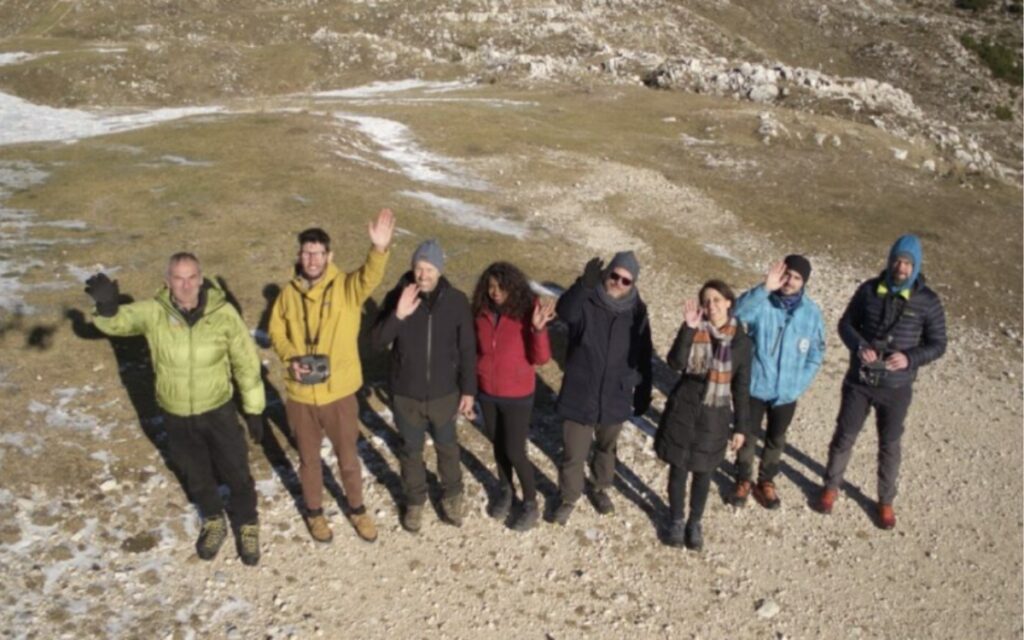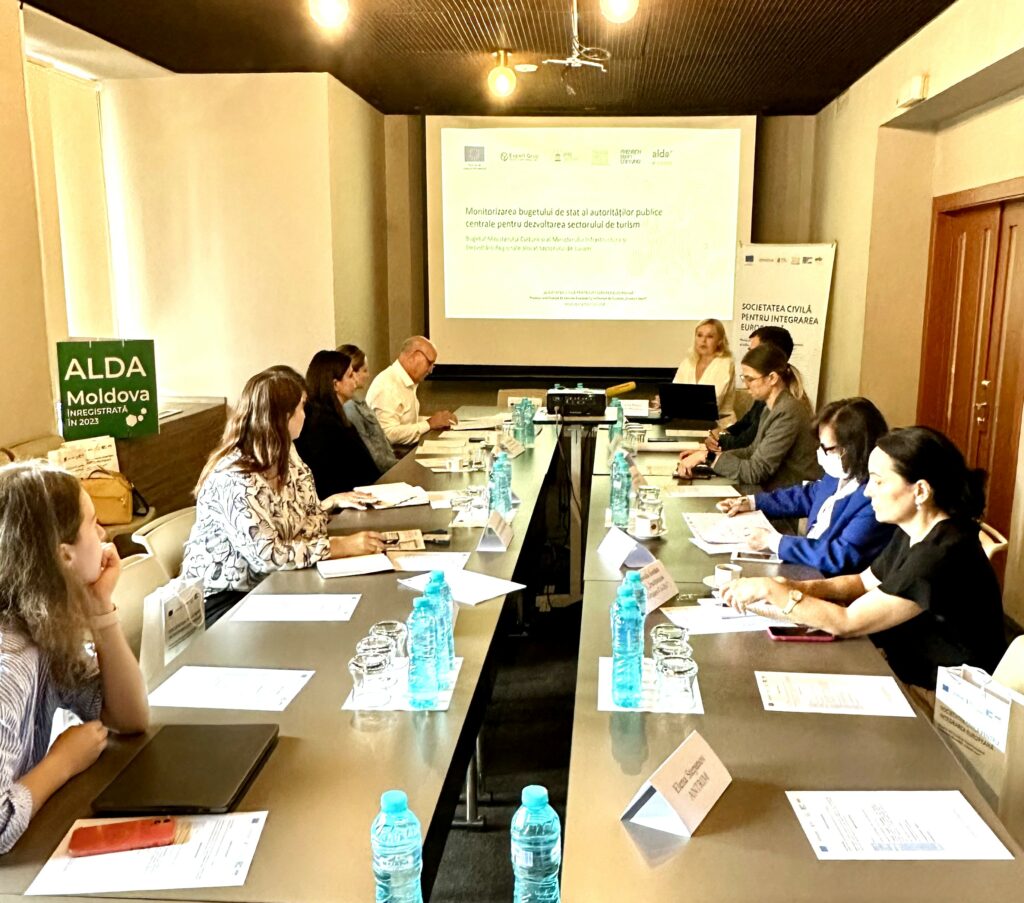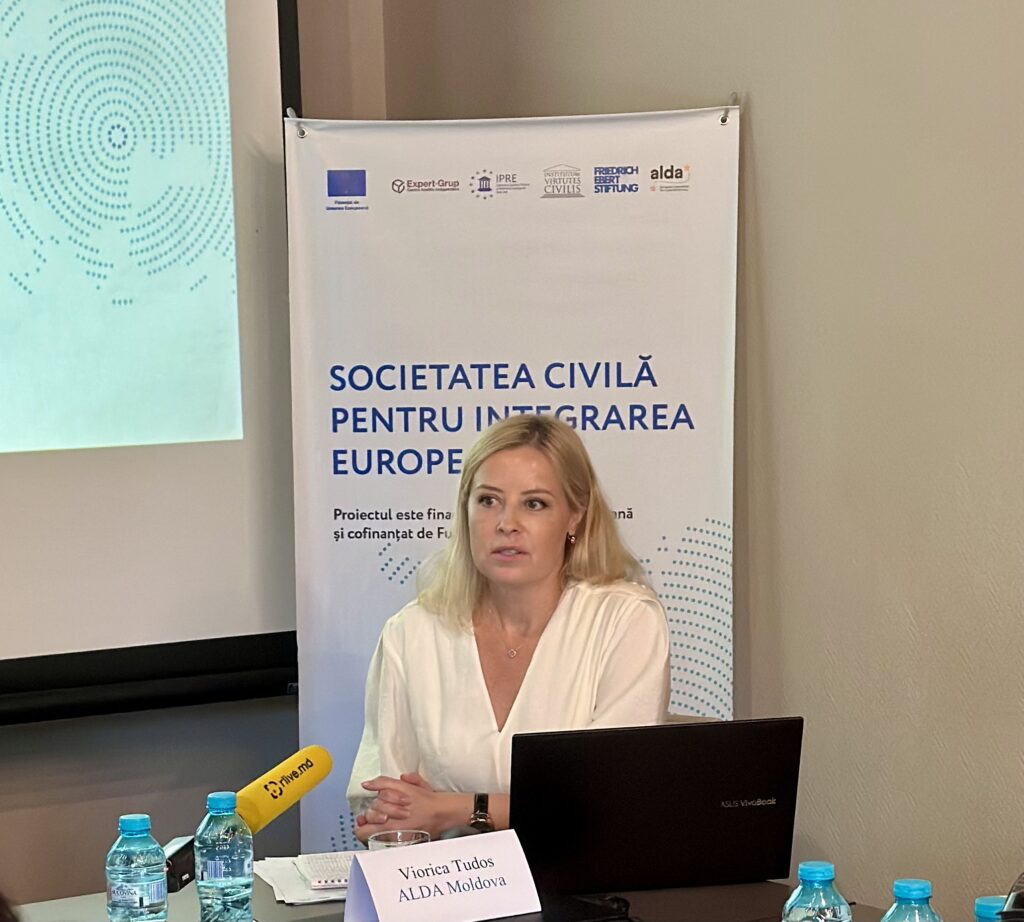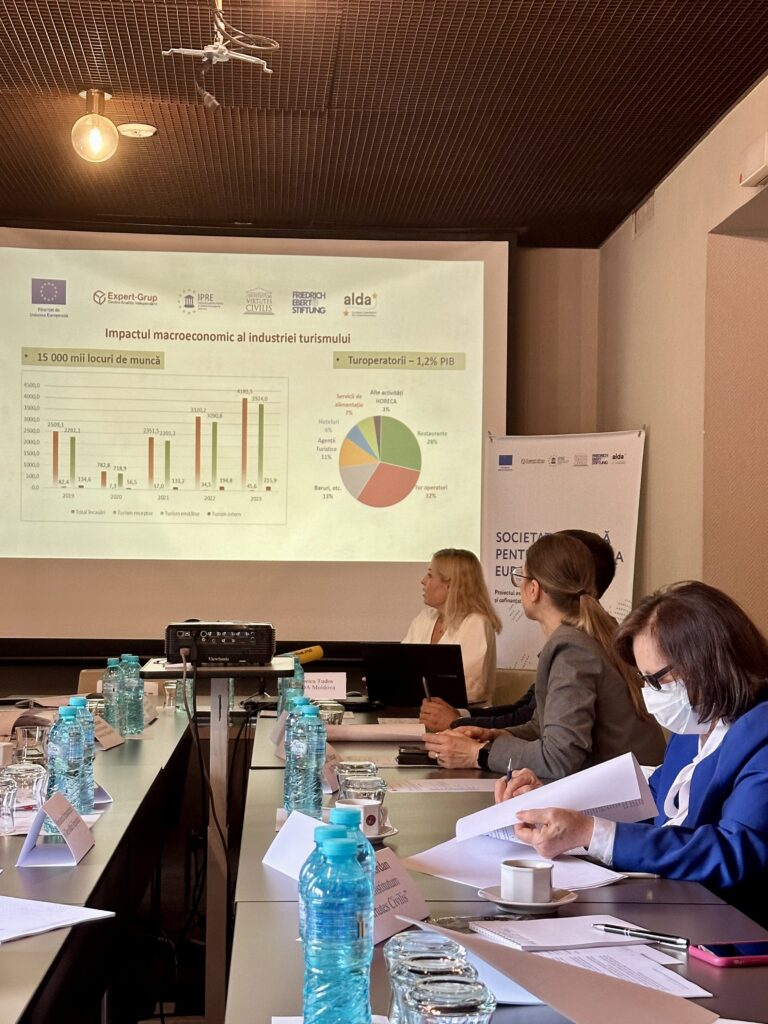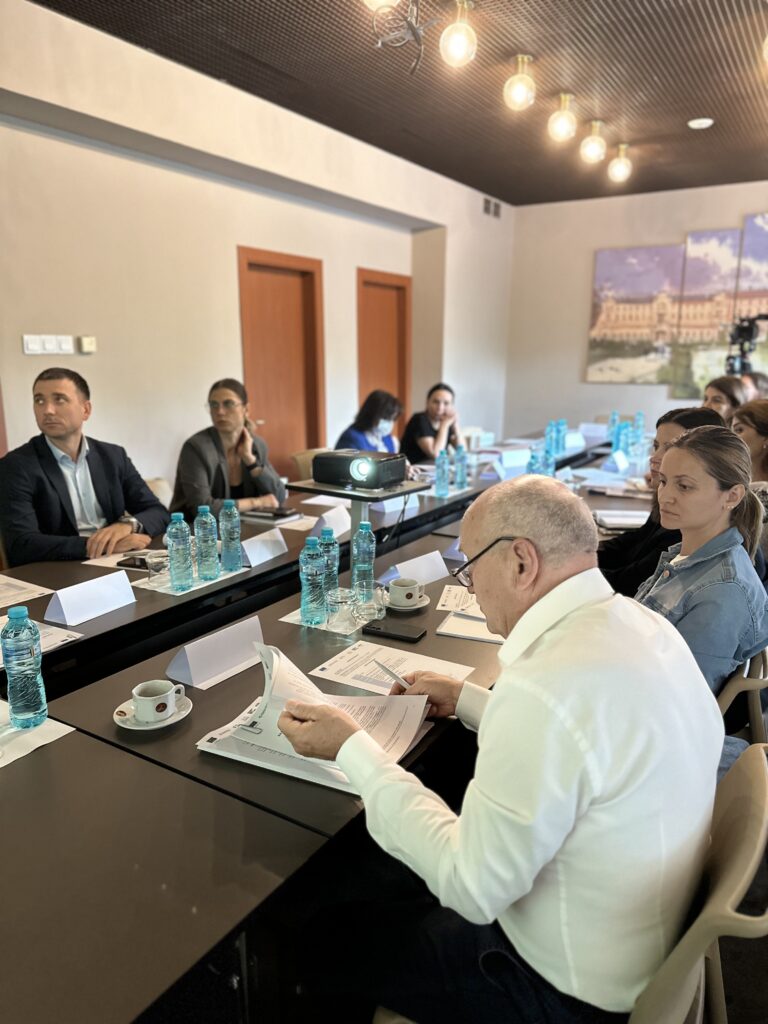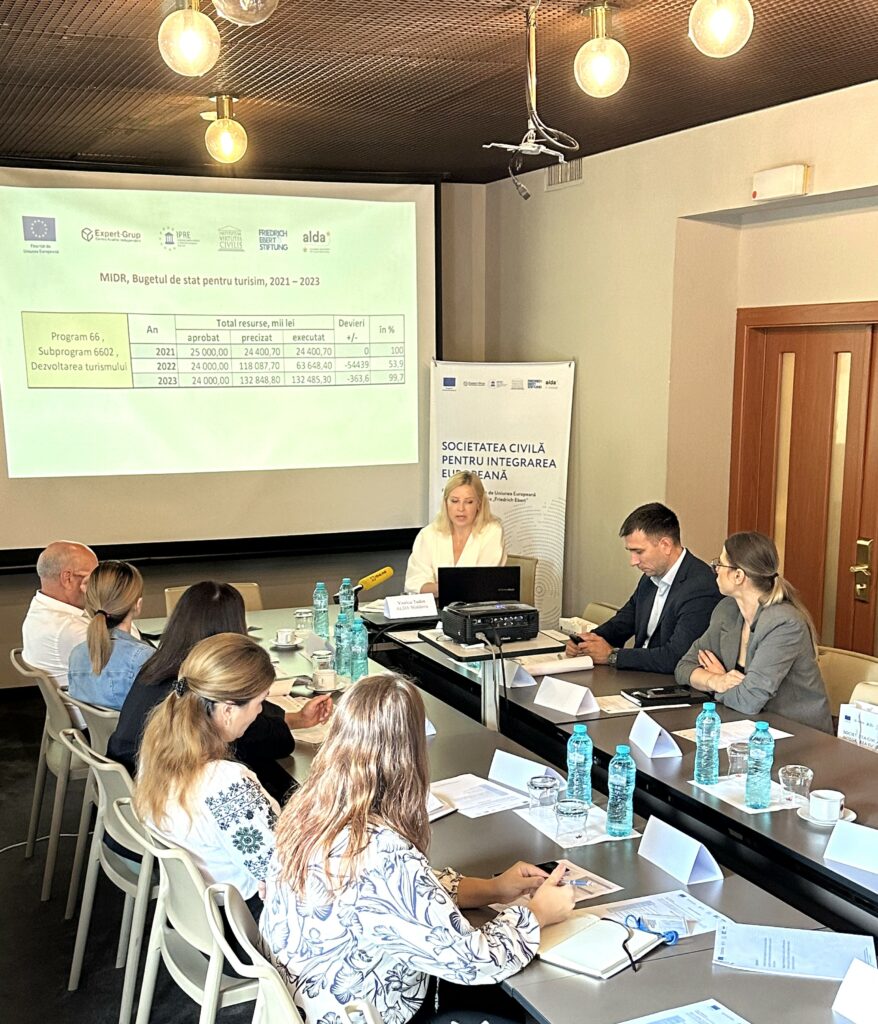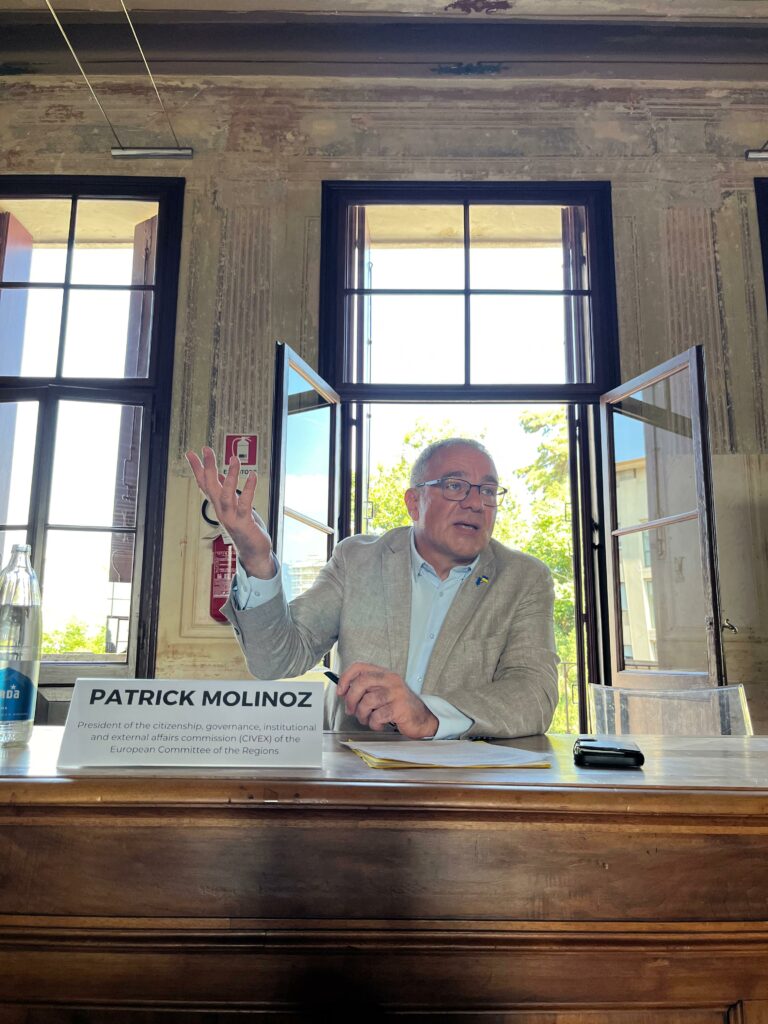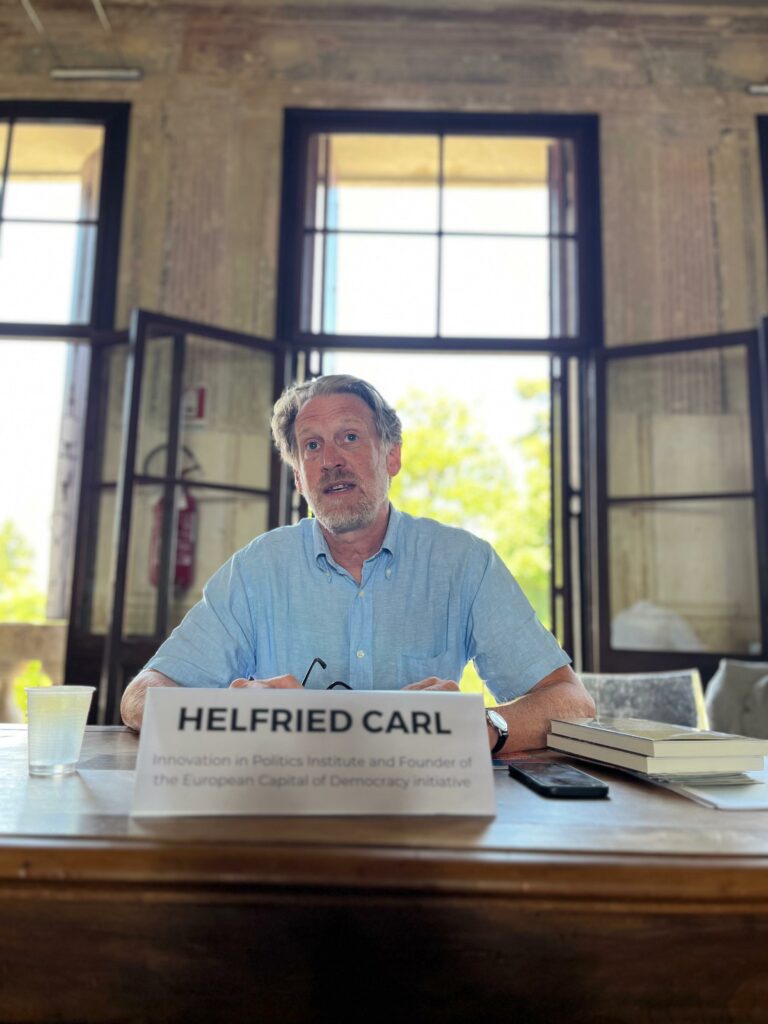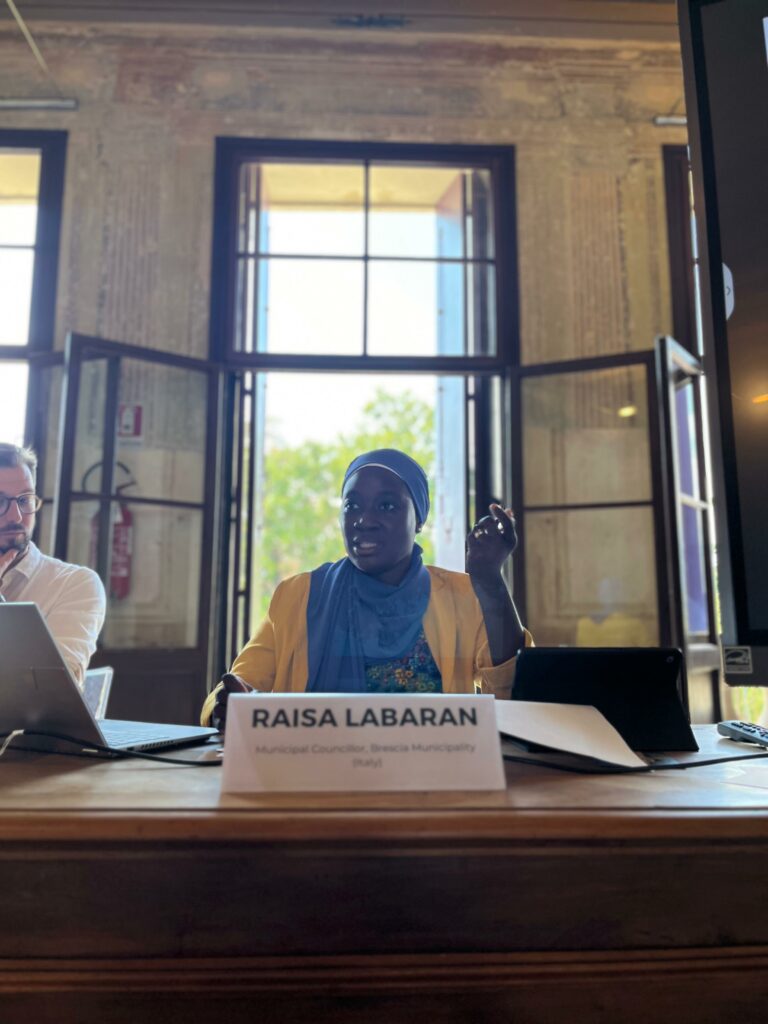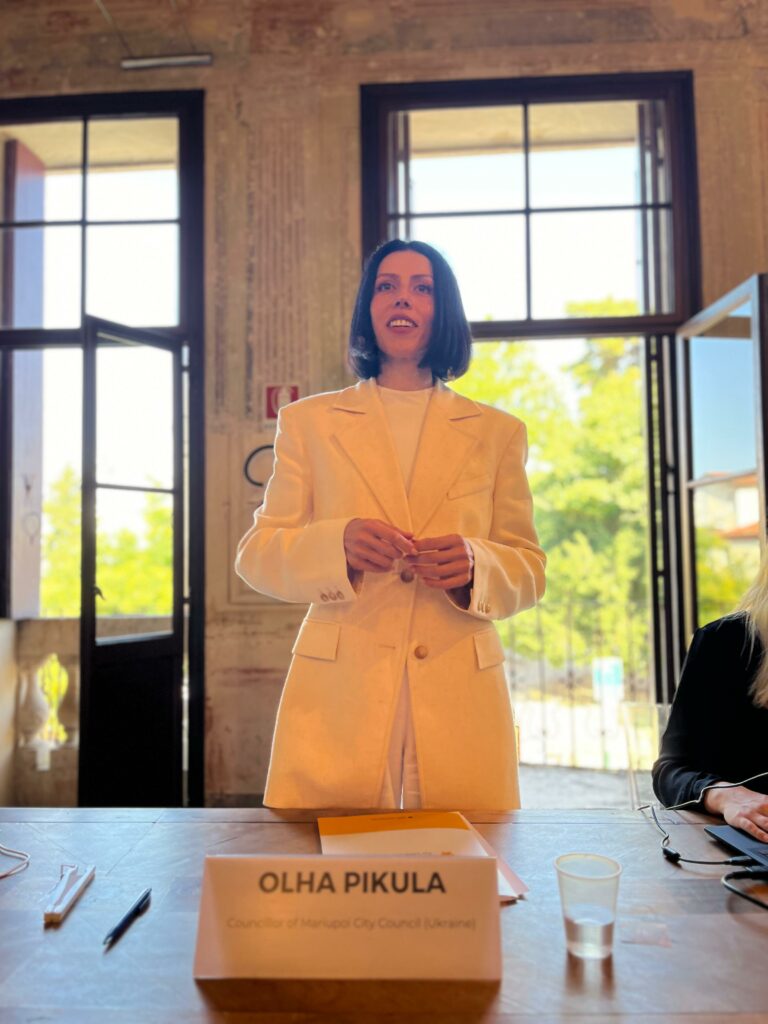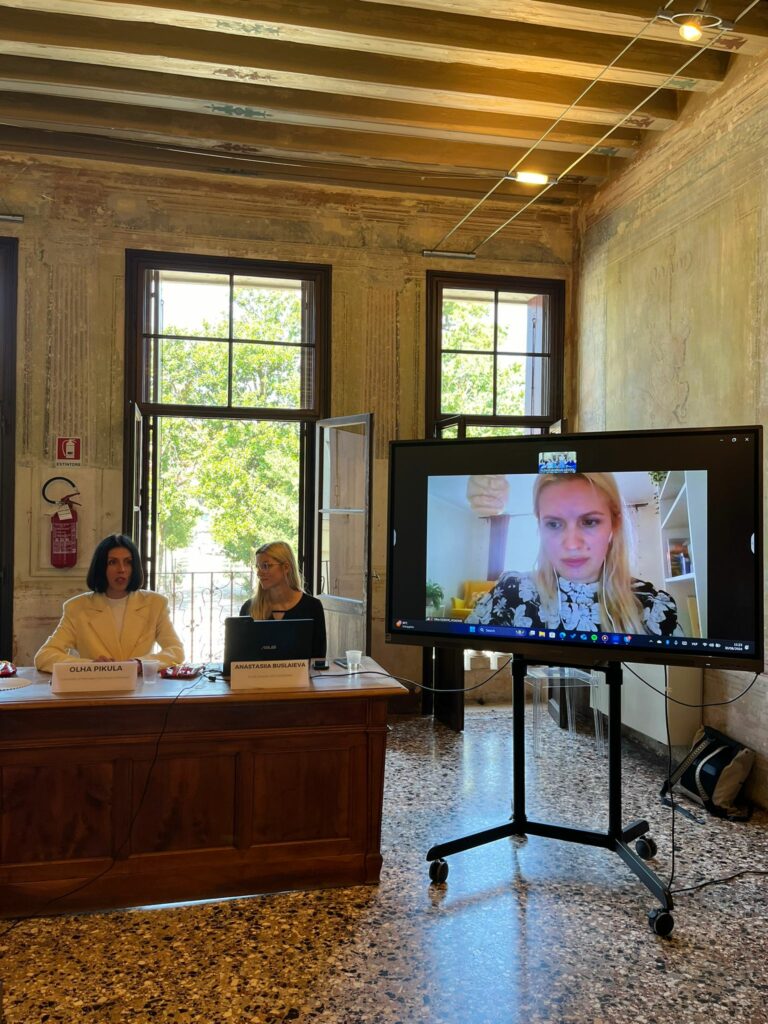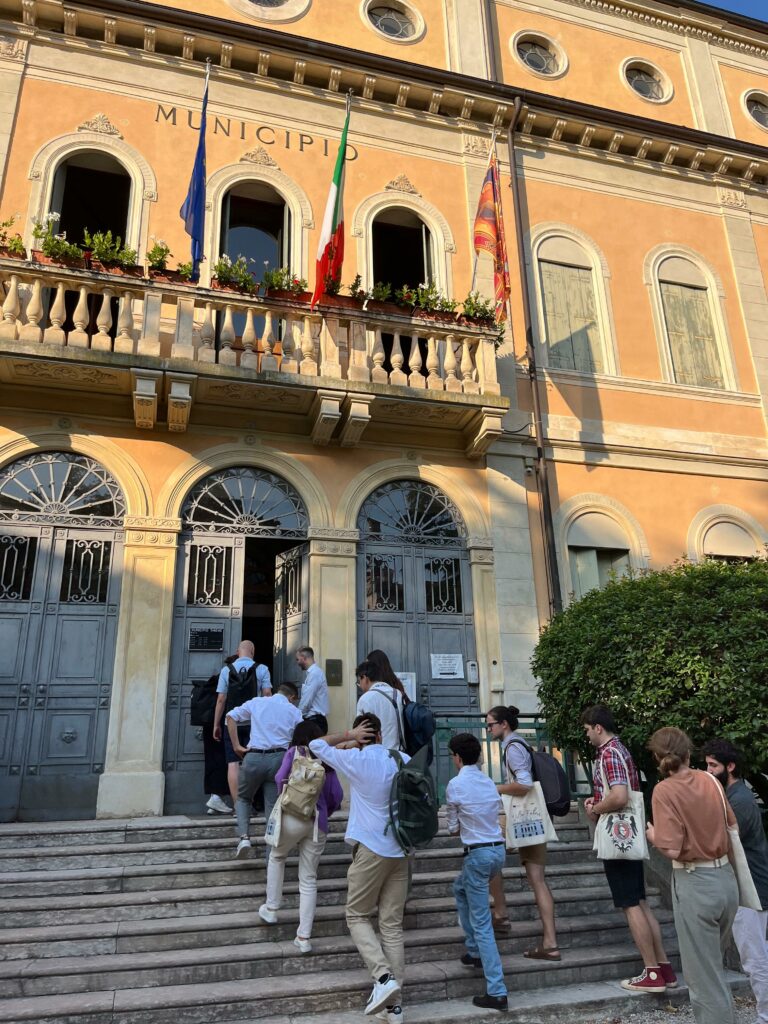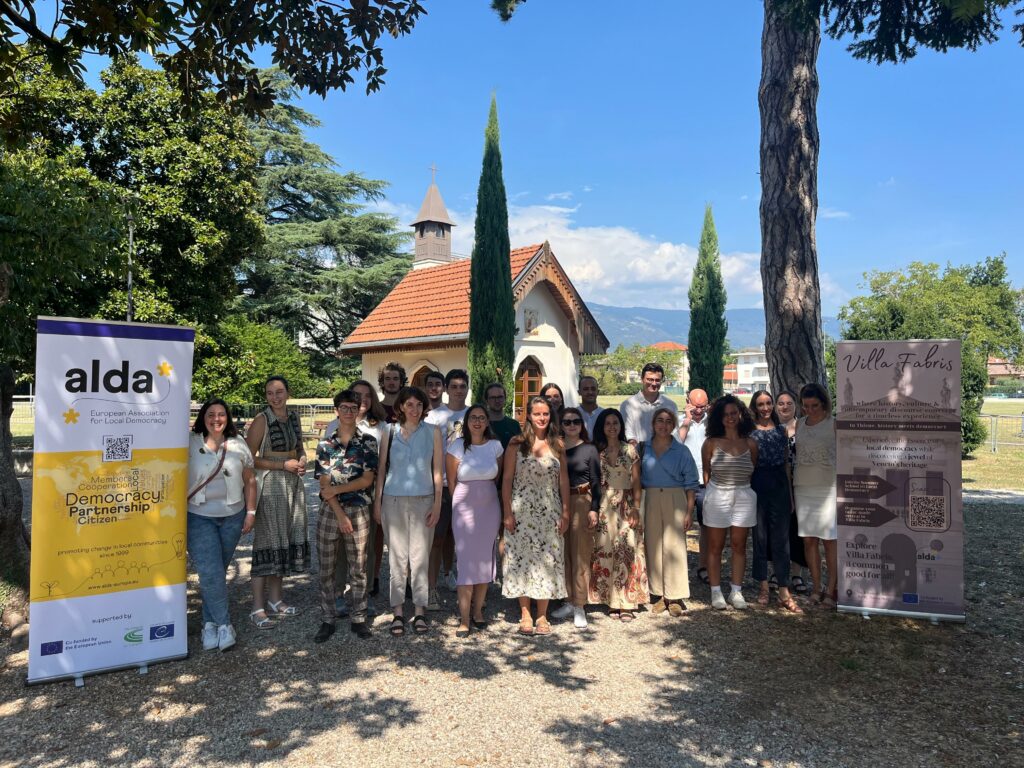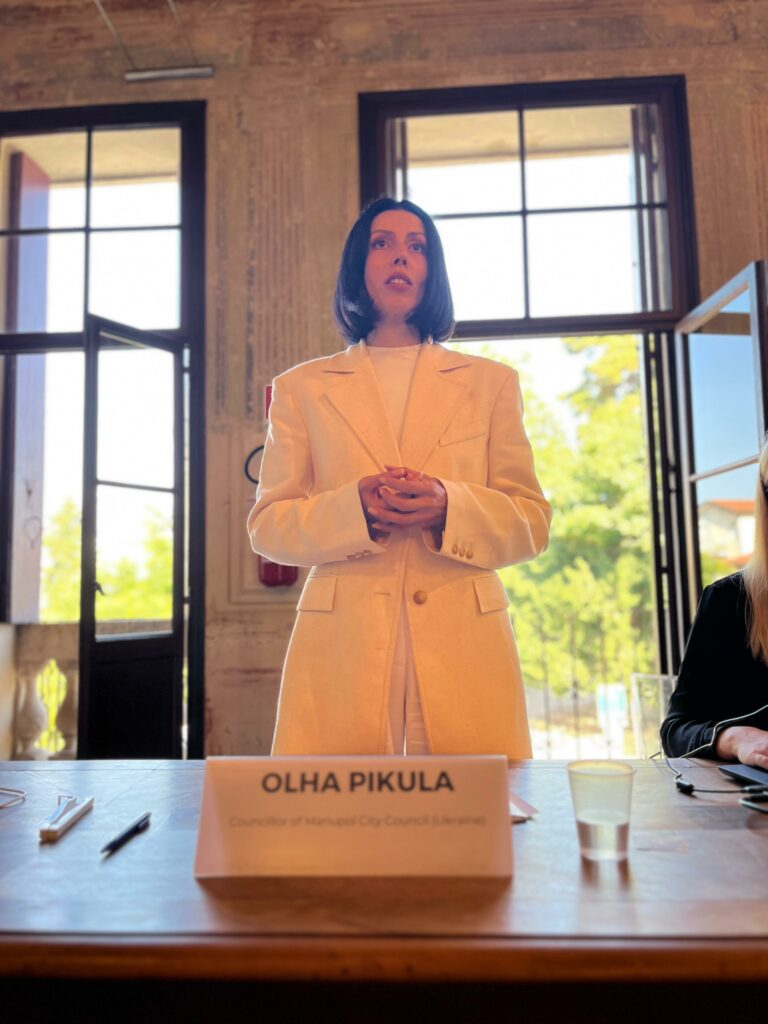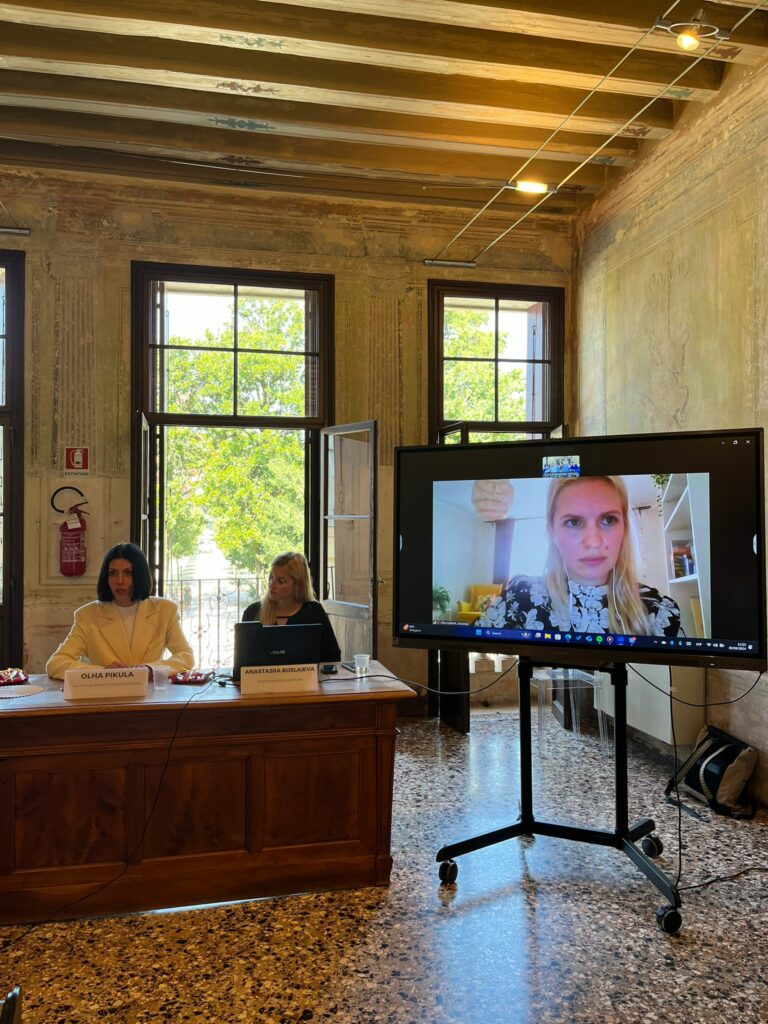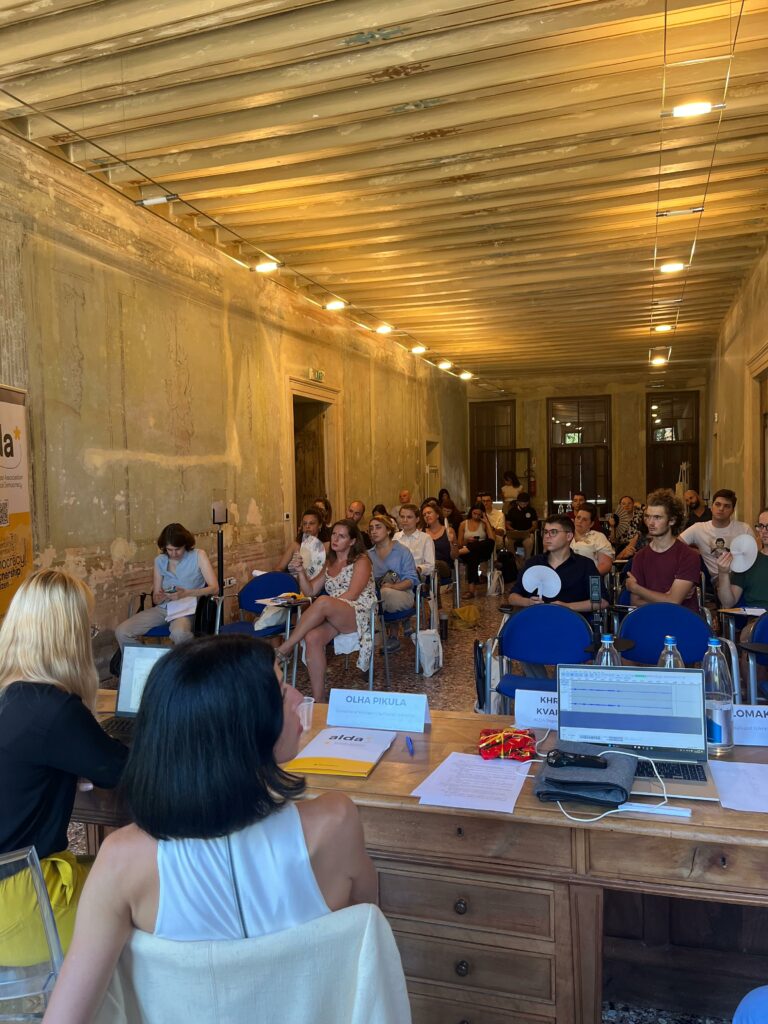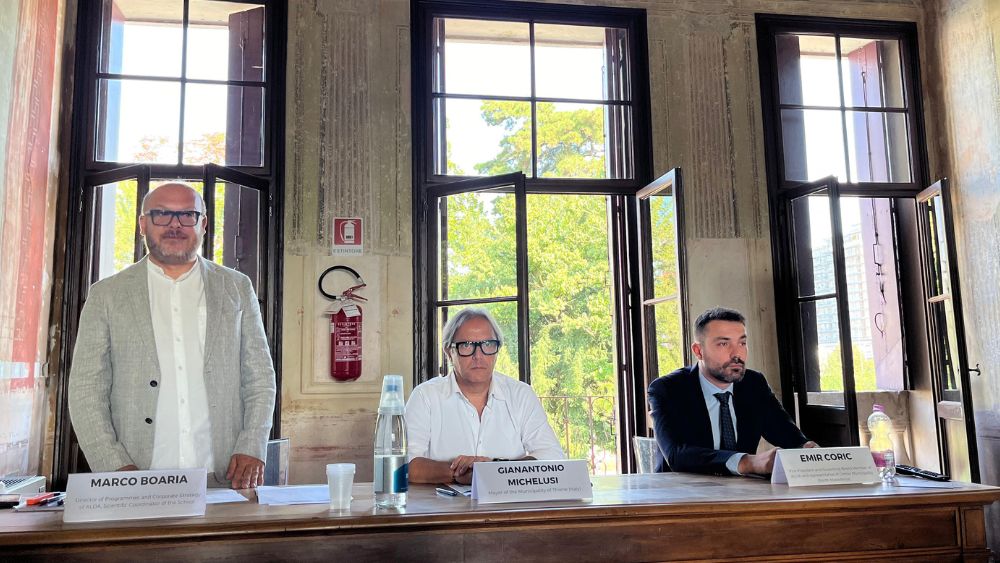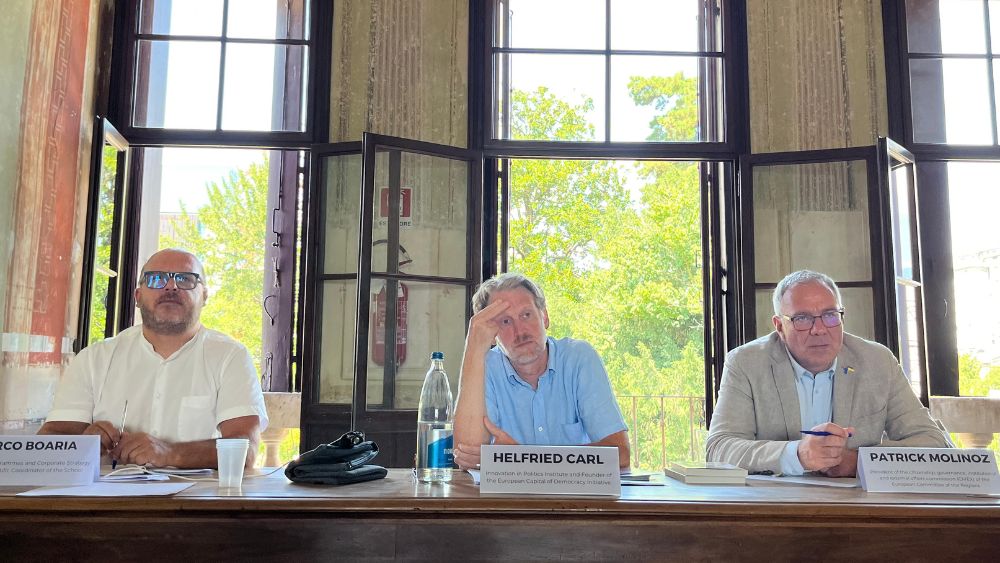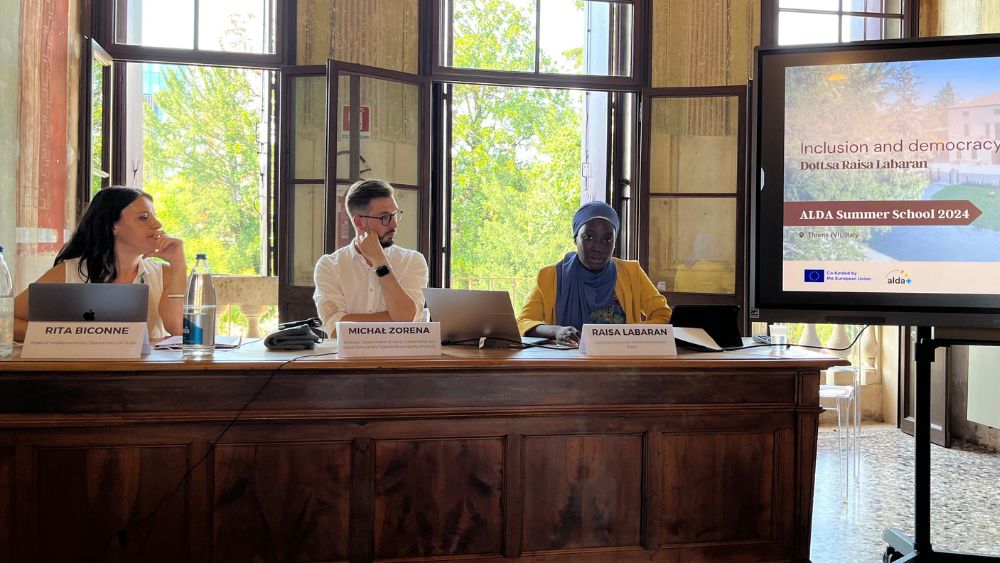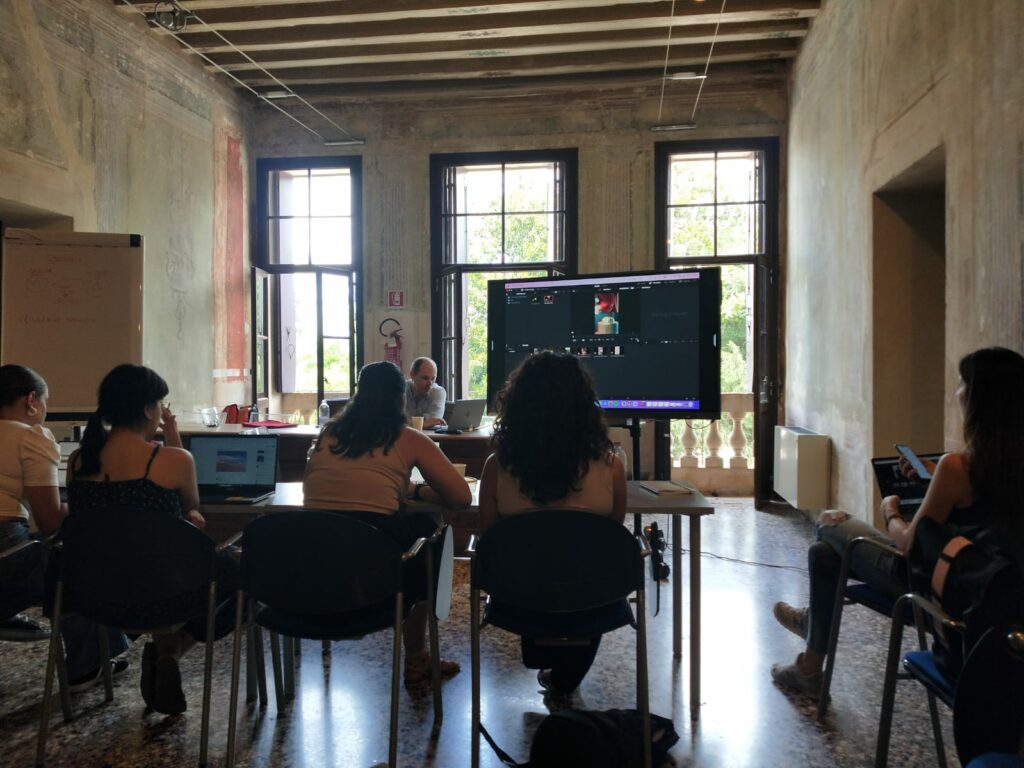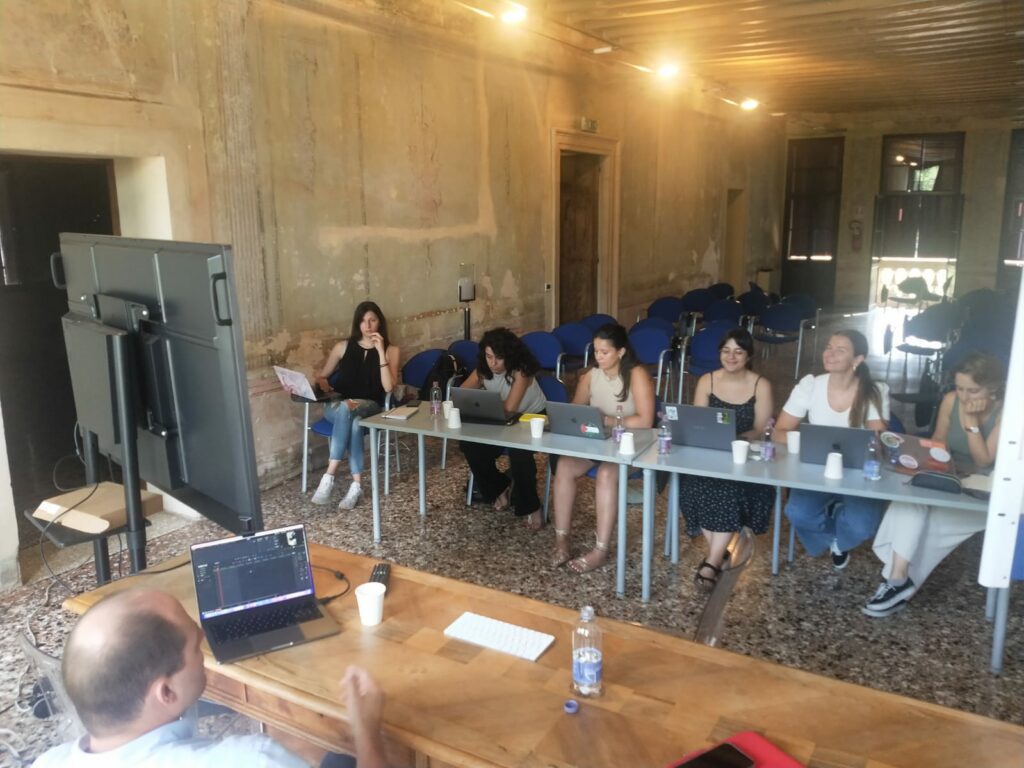Democracy is a system of government in which power is vested in the people, and exercised directly or indirectly by them through a system of representation elected by free elections. Rooted in the ancient Greek principle of “the power of the people,” it has evolved over centuries, adapting to different cultures and historical contexts. More than just an end goal, democracy is an ongoing process that shapes how societies are structured and how they function. Its defining feature is the aim to establish a form of government in which the people hold sovereign authority over themselves and their nations.
The International Day of Democracy, promoted by the United Nations, offers a crucial opportunity to reflect on the current state of democracy worldwide. While democratic values continue to flourish in many regions, they are far from guaranteed everywhere. In recent years, democracy has faced significant challenges, with major political movements and governments threatening free speech, civil liberties, and democratic governance.
To celebrate this International Day of Democracy, ALDA took to the streets of Vicenza (Italy) to ask citizens directly what democracy meant to them, inviting them to express it in a single sentence or concept. What we discovered, however, defied our expectations.
When asked about their views on democracy, many people emphasised its core principles—freedom, equality, and the sovereignty of the people—expressing appreciation and proximity for the significance of these values. However, we also encountered several critical perspectives. Some expressed the belief that democracy has eroded in recent years, arguing that certain Western societies, despite identifying as democratic, no longer uphold the core values of true democracy. Others expressed skepticism towards democracy as a system of government, arguing that it often leads to corruption and that representative democracy fails to genuinely reflect the will of the people and what they really care about. These opinions resonate on a global scale, as support for more autocratic forms of government has been rising in recent years. According to a study conducted by Pew Research Centre in 2023, an average of 59% of people are dissatisfied with how their democracy is functioning, 74% think elected officials don’t care what people like them think and 42% say that they don’t feel represented by any political party in their country.
Taking into account people’s disenchantment in democracy, what strategies and actions can be implemented to address this pressing issue that appears to be affecting diverse societies across the globe, and how can we effectively counter its impact on democratic values and governance?
ALDA’s mission is to promote democracy by working at the local level and building a global alliance of associations, civil organisations, and local governments. This network supports local democracy and citizen engagement across Europe, its neighbouring regions, and around the world. ALDA believes that advancing democratic values on a smaller scale—through projects that foster common strategies and collaborative actions—empowers local communities and equips them with the resources and tools they need to thrive. This approach seeks to build societies that are deeply committed to these principles.
As we reflect on the current state of democracy, it’s evident that while its foundational values are cherished and respected by most, they face substantial challenges. The growing disillusionment and criticism highlight a crucial need for renewed commitment to transparency and genuine representation. By focusing on local initiatives and fostering global collaboration, ALDA strives to promote democratic principles and support communities in building resilient, inclusive societies. Involving citizens in their communities promotes engagement and strengthens their trust in democratic values, as they can see the positive impact of their participation.
On this International Day of Democracy, let’s remember the importance of collaboration—from local communities to a global scale —to overcome challenges and strengthen the democratic ideals that unite us.
The video below captures our journey through the streets of Vicenza (Italy), showcasing the voices and perspectives of those we encountered. While everyone featured granted us permission to share their opinions and appearances, we’ve chosen to obscure some faces, mindful of the power of the internet and social media.

